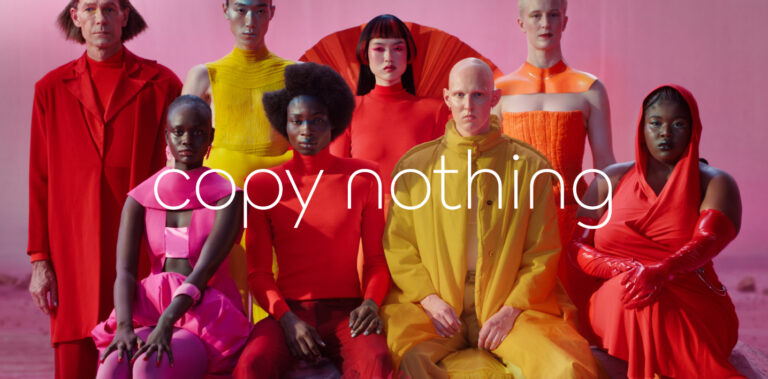Is it possible to be authentic and differentiated and work for such a variety of stakeholders at the same time?
Bladonmore’s latest webinar on corporate branding attempted to find out the truth behind the corporate brand promise – and what that means in practical and real terms for a range of businesses. The webinar ran in late March 2022 and took the form of a discussion panel comprised of:
Stephen Doherty
Chief Brand and Communications Officer at Aviva
Dominic Redfearn
Global Brand and Communications Director at Diageo
Helen Casey
Strategic Marketing Planning at Royal London
Uri Baruchin
Strategic Consultant at UBCS Ltd
The discussion was chaired by Cathal Smyth, Strategy Director at Bladonmore.
Several key themes emerged from the debate. The main points are summarised below:
Brands need people
One of the key themes that rang through the discussion was the fact that brands, whether corporate or consumer, don’t exist in a vacuum and stakeholders will experience the brand in a multitude of ways. From thinking about these interactions as relationship building, to engaging with cross-cultural teams, it’s the people that bring a brand to life and society, the context within which it lives.
The value of a brand lies in the affinity different stakeholders feel, and the trust and respect gained across time. A corporate brand is about the quality of the relationships a company has with its stakeholders, and in that sense, brand management is about stewardship. In short, brands need people.
How public facing is your brand?
Another area discussed was the tensions that arise depending on the extent to which the corporate brand is public-facing; for Aviva, a brand that is both consumer and corporate, and Diageo, a house of brands corporation, there is a surprising similarity.
On one side, the corporate brand can offer a protective shield for individual consumer brands. On the flip side, serious reputational issues at a corporate brand level can create a ripple effect across the portfolio. One thing is clear, corporate and consumer brands are very much entwined and impact each other in many different ways.
Is authenticity differentiation?
A great brand is distinct, it is memorable in ways that are consistent with the actuality of brand experience. But does being true to the brand’s values and purpose automatically provide a path to differentiation? The panellists agreed that a golden thread can be simple, but it has to be compelling to the audience and delivered with a consistent story.
While corporate brands need to be in tune with the social, moral and ethical imperatives of the day, such as ESG, there is a worry that every company is coming out with the same message. The counter to this was a suggestion that the individual expression of those ideas is what provides differentiation, it’s the way you do it that counts and by viewing a corporate brand through the twin lenses of competence and character, businesses can show up in infinitely distinctive ways.
Corporations can have a disproportionate impact on the world
The imperative of ESG in corporate brands is becoming increasingly integrated into everyday corporate life. These days modern corporations are baking ESG into their core business strategies and those trail-blazing brand builders are confirming that how you show up in civic society and the impact you make is vitally important.
This new paradigm is a change from the passive corporate philanthropy narrative of 5-10 years ago and needs to be at the heart of future-thinking organisations. While some of this has been a response to greater scrutiny, many businesses have a history of social connection to their communities which, when brought to the fore, offers a new type of historic authenticity.
Make everyone a brand ambassador
A top tip for creating a successful corporate brand is to bring everyone along for the ride, to create a tribe of passionate people where ideas are not confined to marketing teams but can come from anywhere in the business.
Creating cross-functional teams that bring on people as partners and collaborators is crucial because building brands is about creating propositions. The nature of brand asks people to look inward and reflect on their values and this is vital because when people encounter brands, they morph and change according to their experiences.
By making everyone in the business a brand ambassador, you are helping to connect everyone to connect to the ideas, the meaning, and the value of the brand. If you would like more information on how Bladonmore can help you with your brand programme then please get in touch.
Share article


